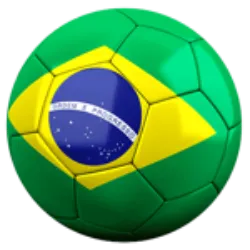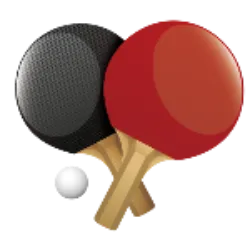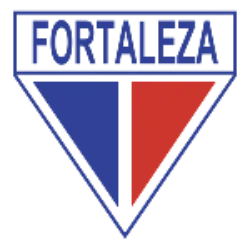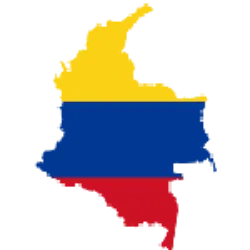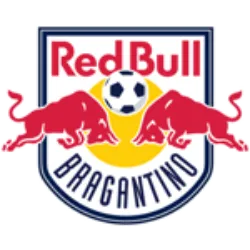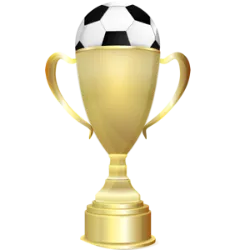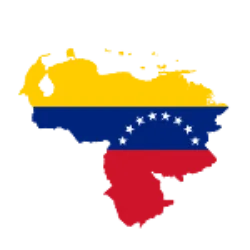April 26 is Goalkeeper's Day
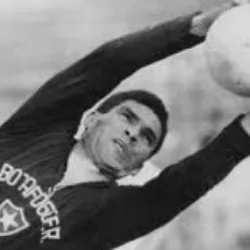
April 26 is Goalkeeper's Day, in honor of Aílton Corrêa Arruda, better known as "goalkeeper Manga", renowned as one of the best goalkeepers in history!
Manga was born on April 26, 1937 and played for teams such as Sport do Recife (where it all started, in fact), Botafogo, Porto Alegre, Coritiba, Grêmio, among others. With so much talent, of course he couldn't help but play for the Brazilian National Team, in friendlies and in World Cups.
The idea of creating National Goalkeeper's Day came about in 1975, from an initiative of the teachers of the Physical Education School of the Army of Rio de Janeiro, Raul Carlesso and captain Reginaldo Pontes Bielinski. Carlesso was the physical trainer of the Brazilian National Team during the 1974 World Cup and was the pioneer in developing a special training program for goalkeepers in Brazil.
Football in Brazil began at the end of the 19th century
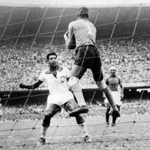
Football in Brazil began at the end of the 19th century with the founding of the first clubs by English immigrants. The sport quickly spread across the country and became one of the main pastimes of Brazilians. Brazil has won five World Cups and produced some of the greatest players in history such as Pelé, Ronaldo and Neymar. Football is also known for its legendary clubs such as Santos FC and São Paulo FC. Although it faces challenges, football remains a fundamental element of Brazilian culture and identity.
Test yourself with one of these challenges 👇
Discover some interesting facts about Brazilian Socccer
The Football Federation of the State of Rio de Janeiro (FERJ)

The Football Federation of the State of Rio de Janeiro (FERJ) is the highest football entity in the state of Rio de Janeiro, in Brazil. It organizes the state championships that are popularly called the carioca championship. The big four of Rio de Janeiro football are: Flamengo, Vasco, Fluminense and Botafogo, but other clubs were considered great in the past for having memorable campaigns, such as Bangu and América.
The São Paulo Football Federation (FPF), founded on April 22, 1941
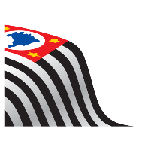
The São Paulo Football Federation (FPF), founded on April 22, 1941, is the highest football entity in the state of São Paulo, in Brazil. The four big ones of São Paulo football are: Corinthians, Palmeiras, Santos and São Paulo, but the interior also has clubs that have already made memorable campaigns, which are: Guarani, Ponte Preta, Red Bull Bragantino, São Caetano among others..
Governador Magalhães Pinto Stadium, better known as Mineirão
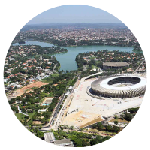
Governador Magalhães Pinto Stadium, better known as Mineirão, is a football stadium located in Belo Horizonte, Minas Gerais, Brazil. It was the stage for Brazils famous 7-1 defeat to Germany in the 2014 fifa world cup. Atlético mineiro and Cruzeiro stand out as the two big players in the capital. Other clubs such as América Mineiro and more recently Ipatinga sometimes stand out from the rest on the national scene.
The Gaucho Football Championship
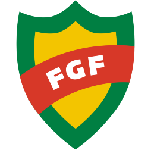
The Gaucho Football Championship, better known as Gauchão is an official and professional competition of this sport in the state of Rio Grande do Sul, in Brazil. Organized by the Gaucho Football Federation (FGF). Grêmio and Internacional, popularly known as Grenal, stand out as the big teams, while Caxias do sul, Juventude and Brasil de pelolas are also historic and can always have some prominence on the national scene.
The Club World Cup
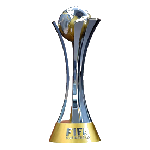
The Club World Cup is a football competition organized by FIFA and played between champion clubs from all six continental confederations: CONMEBOL (South America), CONCACAF (North, Central America and the Caribbean), UEFA (Europe), CAF (Africa ), AFC (Asia) and OFC (Oceania). The Brazilian clubs that were champions are: Santos (1962 and 1963), Flamengo (1981), Grêmio (1983), São Paulo (1992, 1993 and 2005), Internacional (2006) and Corinthians (2000 and 2012)
Test yourself with one of these challenges 👇
HOME
